Is there a secret formula for writing a successful romance novel? Backed by research and professional expertise, The Romance Novel Formula provides everything you need to take you from idea to first draft of your breakout romance novel.
Join best-selling romance author and academic researcher, Alicia Leigh, as you discover:
*How to take your love interests on the “lovers’ journey” – inclusive of ALL types of romantic relationships: ménage, alien, LGBTQI, polyamory, etc.
*A unique five-act structure to make your story easy to write and manage.
*The specific story “beats” exclusive to the romance genre (and which other books on writing typically exclude).
*The story and character arcs necessary to classify your book as romance.
*How to avoid stereotypes by focusing on archetypes.
*Popular romance tropes.
*Essential writing techniques.
*Advice on dialogue.
*The most common writing mistakes . . . and how to avoid them.
*Goal, motivation, and conflict.
*Fear, need, and flaw (what are they, and do you need them?).
*Much more!
Complete with checklists and over 30 writing exercises, The Romance Novel Formula is the new essential romance writing guide for aspiring and experienced writers, plotters and pantsers, and professional researchers.
Read an Excerpt
Common Writing Mistakes
The following details the writing errors I regularly come across in my role as an editor. Avoid these and you will stand out from the slush pile in your submissions with stronger writing. Of course, rules are meant to be broken, but do so with caution, as well as the knowledge of why you are breaking them.
Show versus Tell
This one is common. It is easy to write “Helen hated Clark.” However, it is more interesting and enticing to the reader if you write “Helen drew on every ounce of willpower she had to stop herself from glaring in Clark’s direction.” Notice the difference? In the second version, we can feel the hatred along with Helen.
Active voice
Passive writing is safe writing. This is why most beginning writers use it. To give your writing the oomph it deserves, switch to active voice as often as you can. As an example, passive voice: Nicole was running from the stranger. In the active voice, it would be: Nicole bolted from the stranger. Can you see the difference? Active voice makes it scarier and more immediate.
Lapses in point of view
Go through your manuscript and look for a consistent point of view. Have you dropped into third person (he, she, and it) when you should be in first (I and me)? Or does your story head hop? Head hopping occurs when you start off a scene writing from one character’s point of view then switch, without warning, to another character’s thoughts or feelings. Don’t do this. It confuses the reader and is a telltale amateur mistake.
Clichés
Delete all the clichés in your work as fast as a bat out of hell!
Adverbs
Adverbs are those pesky words that end in “ly.” They add nothing to your story (mostly). The general rule in writing is: Anything that doesn’t add something needs to be cut. Get snipping.
About the Author:
She uses her postgraduate degrees in counseling from the Australian College of Applied Psychology and editing from Macquarie University to create believable, three-dimensional characters. Her certificates in forensic science and forensic anthropology from the University of Strathclyde add layers to the realistic crime elements in her stories. She has completed her master’s degree in writing at Swinburne University and is currently embarking upon her PhD in Creative Arts (writing) at Central Queensland University.
When not writing, reading, coaching, studying, or enjoying nature, she can be found having fun with her three gorgeous children (plus one laid-back dog and one hypersensitive guinea pig).
She is active on social media and encourages readers and writers to interact with her there. She writes romantic fiction novels under the pseudonyms A.K. Leigh and Leigh Hatchmann.











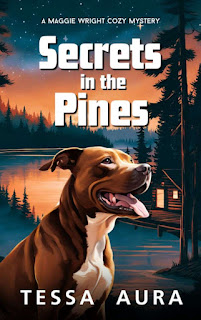




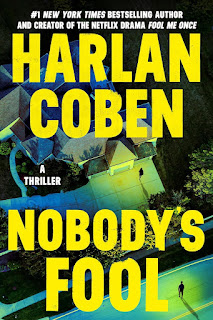






















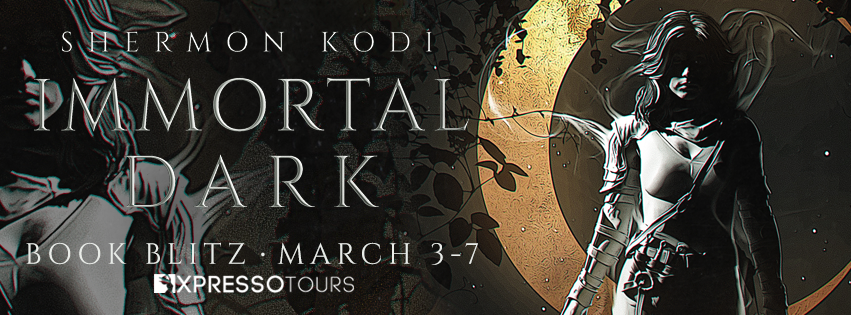

















.png)













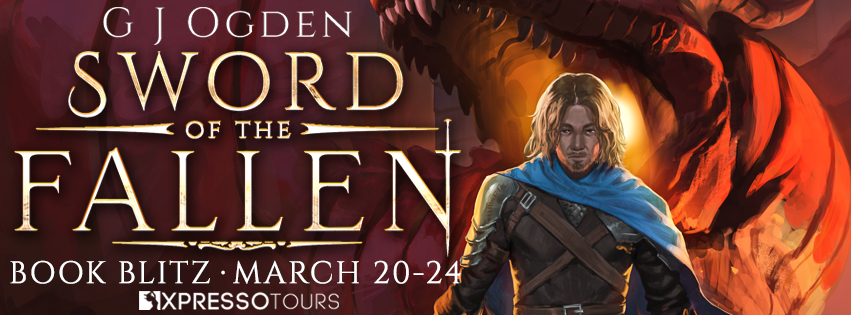








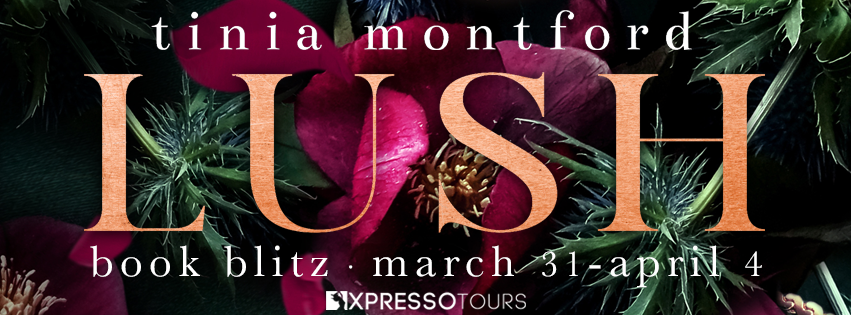
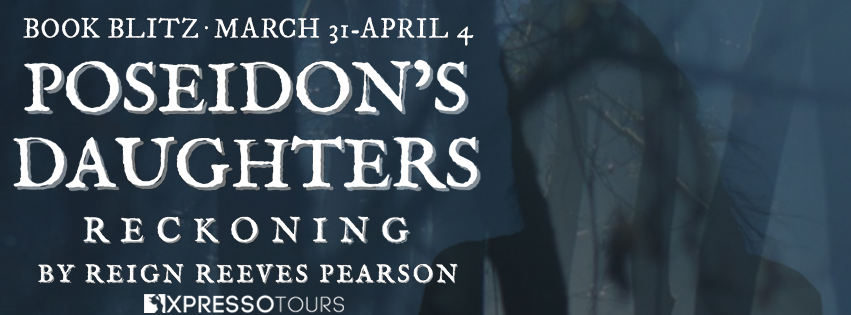



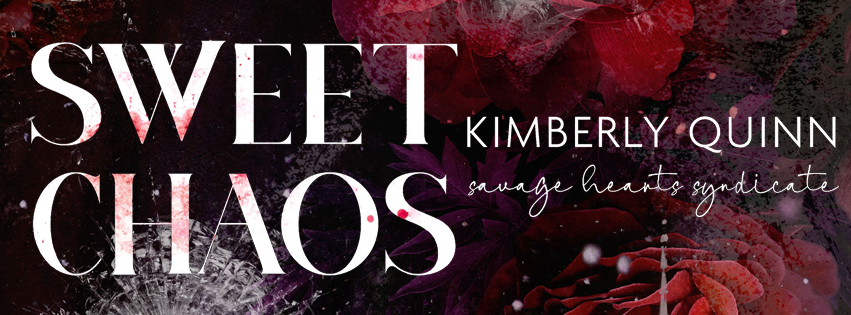



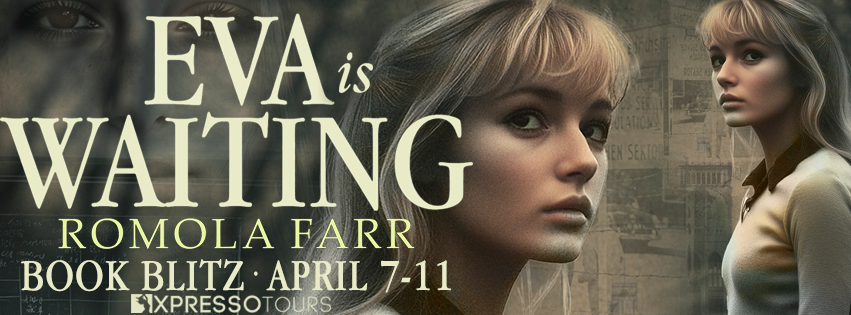














2 comments:
Thank you for sharing. 😊
I like the cover and excerpt.
Post a Comment